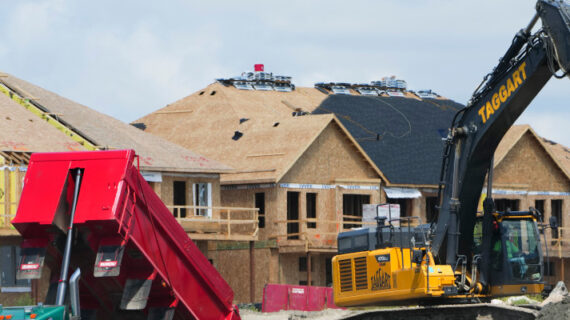Alberta is entering an uncertain fiscal landscape not seen during the lifetimes of most Albertans, warns Trevor Tombe for the University of Calgary’s School of Public Policy. In this report, Fiscal Planning and Sustainability in Alberta, he outlines that a multitude of cascading challenges ensure that the fiscal risks facing Alberta vastly exceed those facing other large provinces in Canada.
An aging population, declining resource revenue growth rates, rapid growth of U.S. oil production, increasing difficulties in obtaining approval for infrastructure projects necessary to reach new markets, and now the COVID-19 pandemic mean that program expenditures will significantly exceed government revenues over the coming decades. Indeed, the gap between what the province needs from oil and gas revenues and what it receives is now higher than at any point since large-scale oil production began.
Over-reliance on natural resource revenues is short-term thinking when long-term planning is needed, he writes.
“Planning for gradual and sensible reforms in anticipation of this inevitability will ensure the province’s finances are sustainable. And perhaps more importantly, the volatility inherent in such revenues represent another challenge by materially expanding the range of future public debt ratios, even if long-term budgets balance. Such risks make planning more difficult and may require a substantially lower debt/GDP ratio in Alberta than other provinces,” writes Tombe.



